Channels
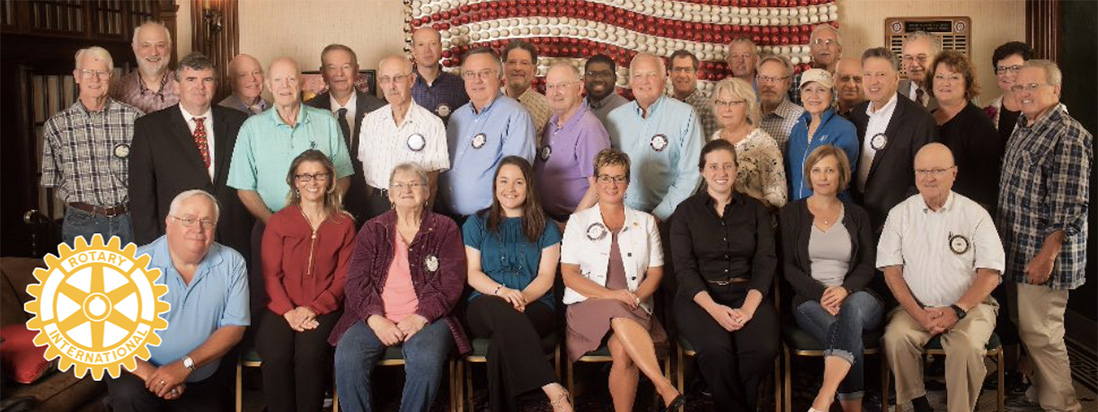
Rotary
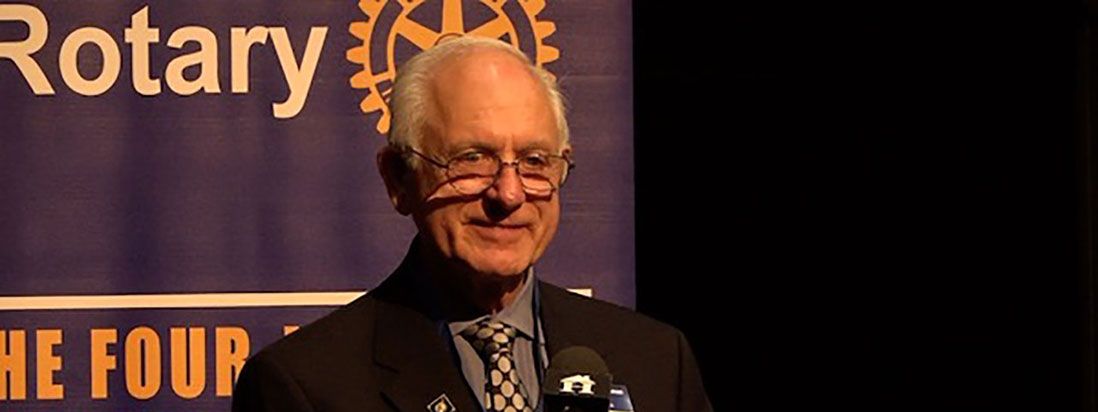
Rotary Conference

Laurel Health Centers

Penn Oak Realty

Movin Together
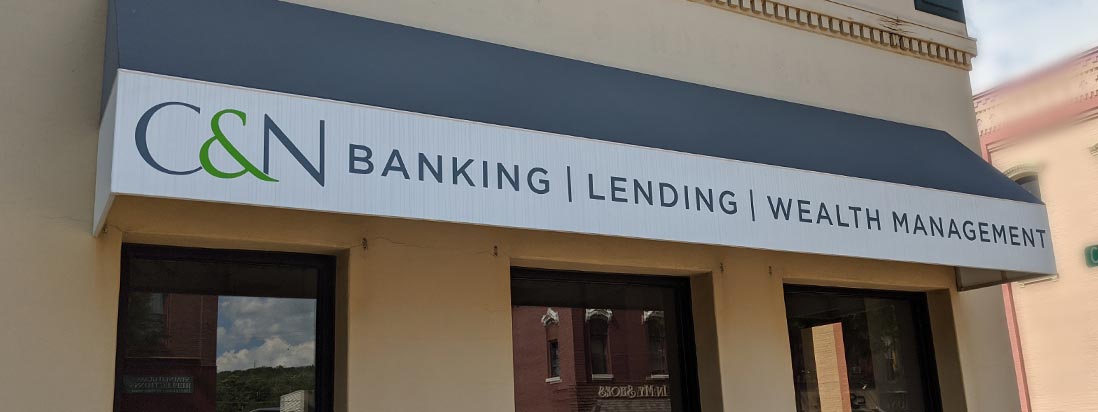
Bank On It
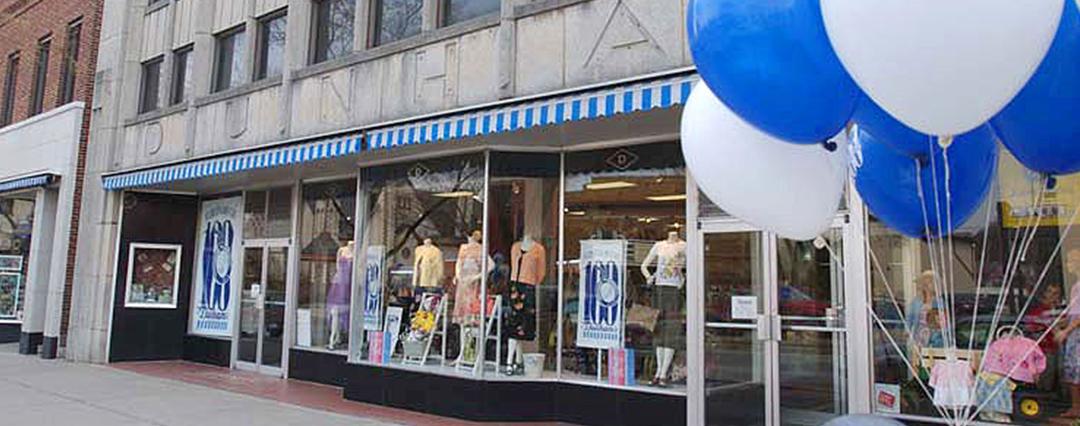
Dunhams Corner
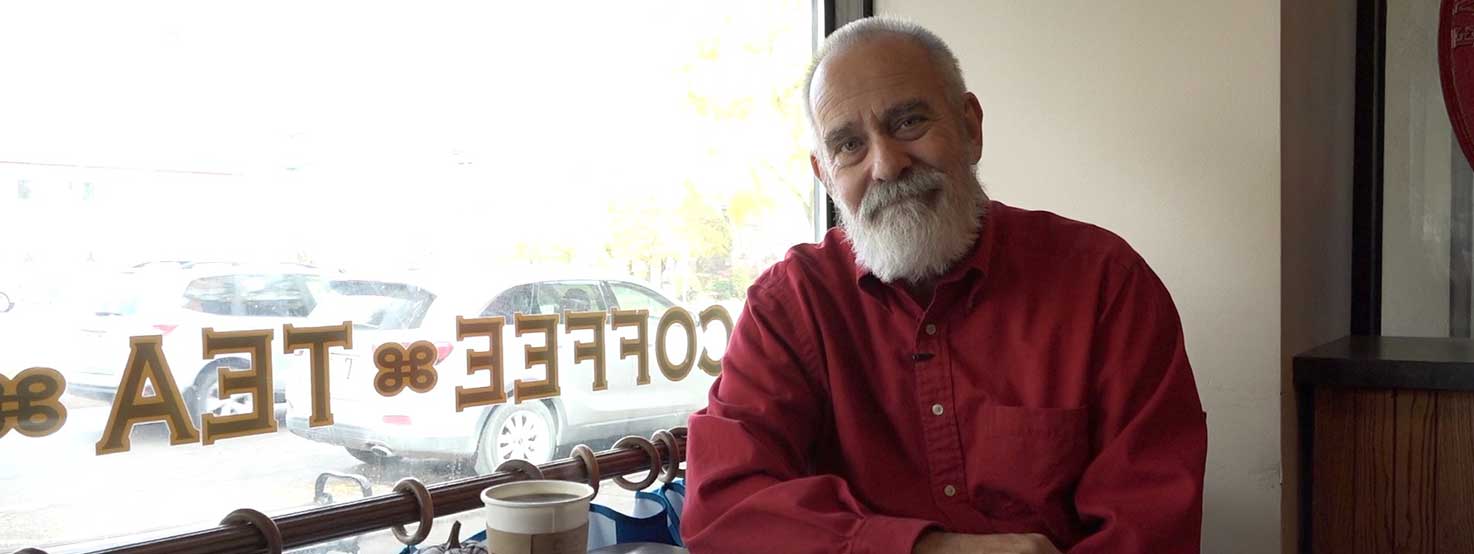
By The Door
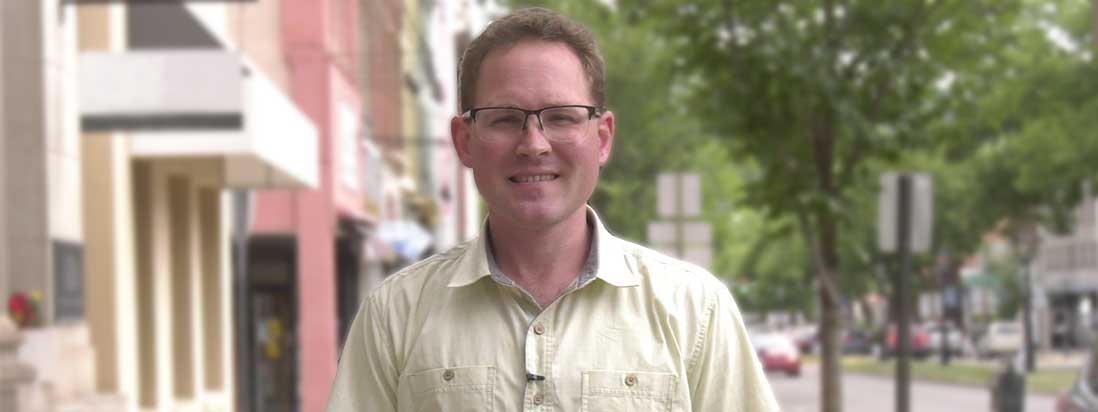
Questioning Life

Karschners Insurance
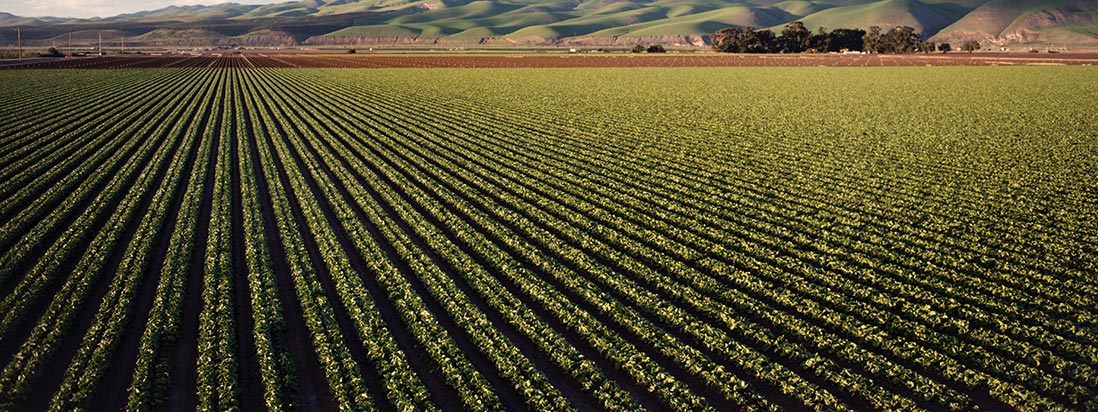
Ag Happenings

Back to Basics

Hornet Happenings

Live From The Hive
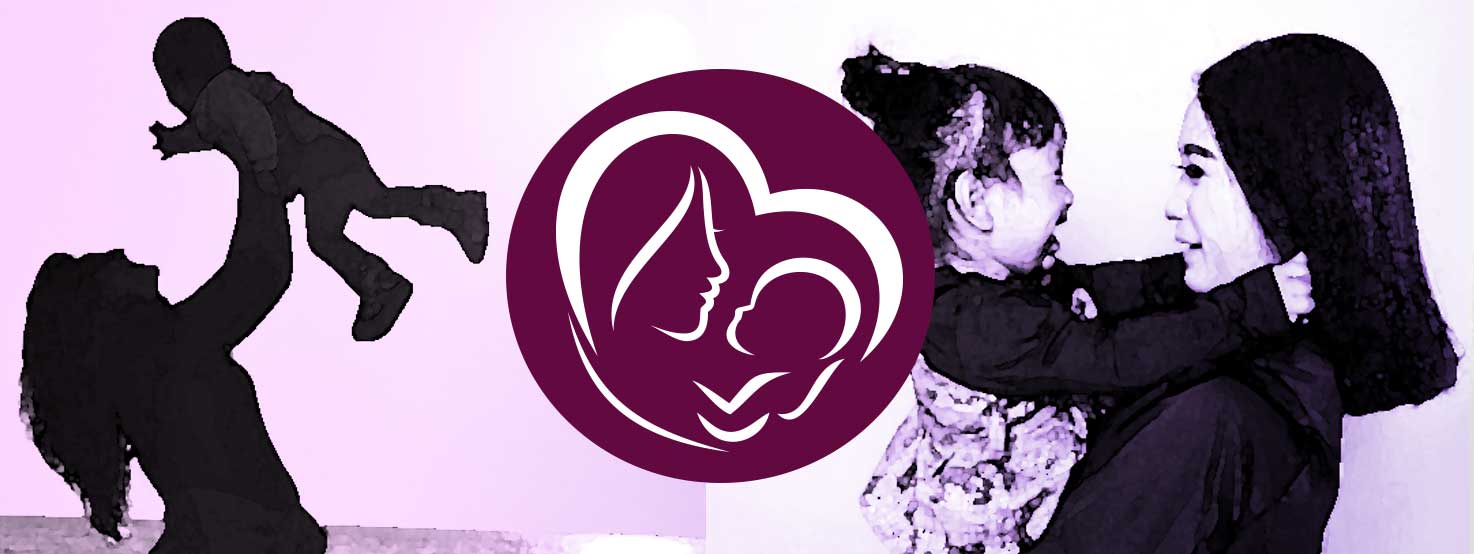
Momday Monday

Pennsylvania Politics

The Briefing

Weekly Highlights
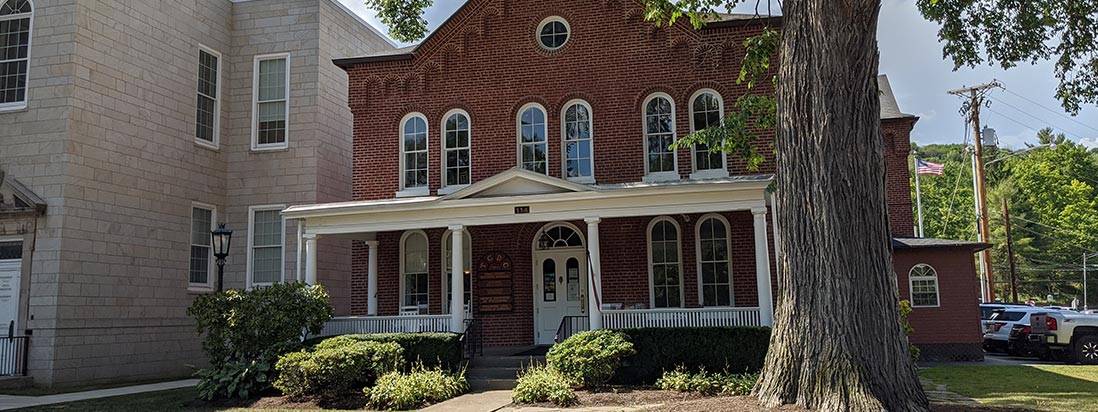
Wellsboro Chamber
Understanding Kidney Stones
Kidney stones are something that many of us may have to deal with at some point in our lives. Kidney stones are hard collections of salt and minerals often made up of calcium or uric acid. They form inside the kidney and can travel to other parts of the urinary tract. Stones vary in size. Some are as small as the period at the end of this sentence — a fraction of an inch. Others can grow to a few inches across. Some kidney stones can become so large they take up the entire kidney.
A kidney stone forms when too much of certain minerals in your body accumulate in your urine. When you aren’t well hydrated, your urine becomes more concentrated with higher levels of certain minerals. And yes, they are fairly common – about 1 out of every 10 people in the United States will get a kidney stone. Stones are more common in men, people who are obese, and those who have diabetes.
Smaller kidney stones that remain in the kidney often don’t cause any symptoms. You might not notice anything is amiss until your body passes the stone. Passing kidney stones can be very painful. The origin of the pain can be in your side, belly, back, or at any point from your kidneys until it exits your body. Most stones will pass on their own without treatment. However, you may need a procedure to break up or remove stones that don’t pass.
In addition, signs of concern are:
– Urgent need to go to the bathroom
– Cloudy or bloody urine
– Trouble emptying your bladder which could be a sign of a blockage
– Nausea, vomiting, fever, and chills which can be a sign of a more serious issue
If you have these symptoms and the pain becomes unbearable, you should seek medical attention.
Passing a kidney stone is often described as one of the most painful experiences a person can have, but unfortunately, it’s not always a one-time event. Studies have shown that having even one stone greatly increases your chances of having another. It’s important to speak to your doctor if you’ve had kidney stones. They may refer you to a specialist for further evaluation. The specialist will work with you on a treatment plan based on what type of kidney stone you may have or had. Treatment options include medication as well as diet/lifestyle adjustment. If you’re in extreme pain, seek medical attention immediately.
As mentioned earlier, a lot of stones will pass on their own and Dr. Ranta’s main focus would be on making the patient comfortable. He would evaluate their pain, and work with the patient on a treatment plan to help make the pain bearable. It’s also important that patients remain hydrated while passing a stone as this aids in the passing so the patient may also be given IV fluids. Further evaluation of the state of the stone’s passing would take place to make sure that the stone is not stuck or blocking the urinary tract, which may be cause for alternative treatment.
Dehydration causes the minerals in your urine to concentrate which can increase the chances of stones forming. One of the best and easiest measures to take to prevent kidney stones is to hydrate with water. Drinking water helps flush your kidneys and keeps your urinary tract active, helping prevent stone formation. It’s recommended that you drink at least 8 – 8-oz. glasses of water a day, more if you are sweating or physically active.
For more information, visit UPMCSusquehanna.org.
Credits:
Videography: Andrew Moore
Video Editing: Andrew Moore
Writing: UPMC Susquehanna
Anchor: Rhonda Pearson
Correspondent: John Vogt
Produced by Vogt Media
Home Page Sponsors: UPMC Susquehanna






































